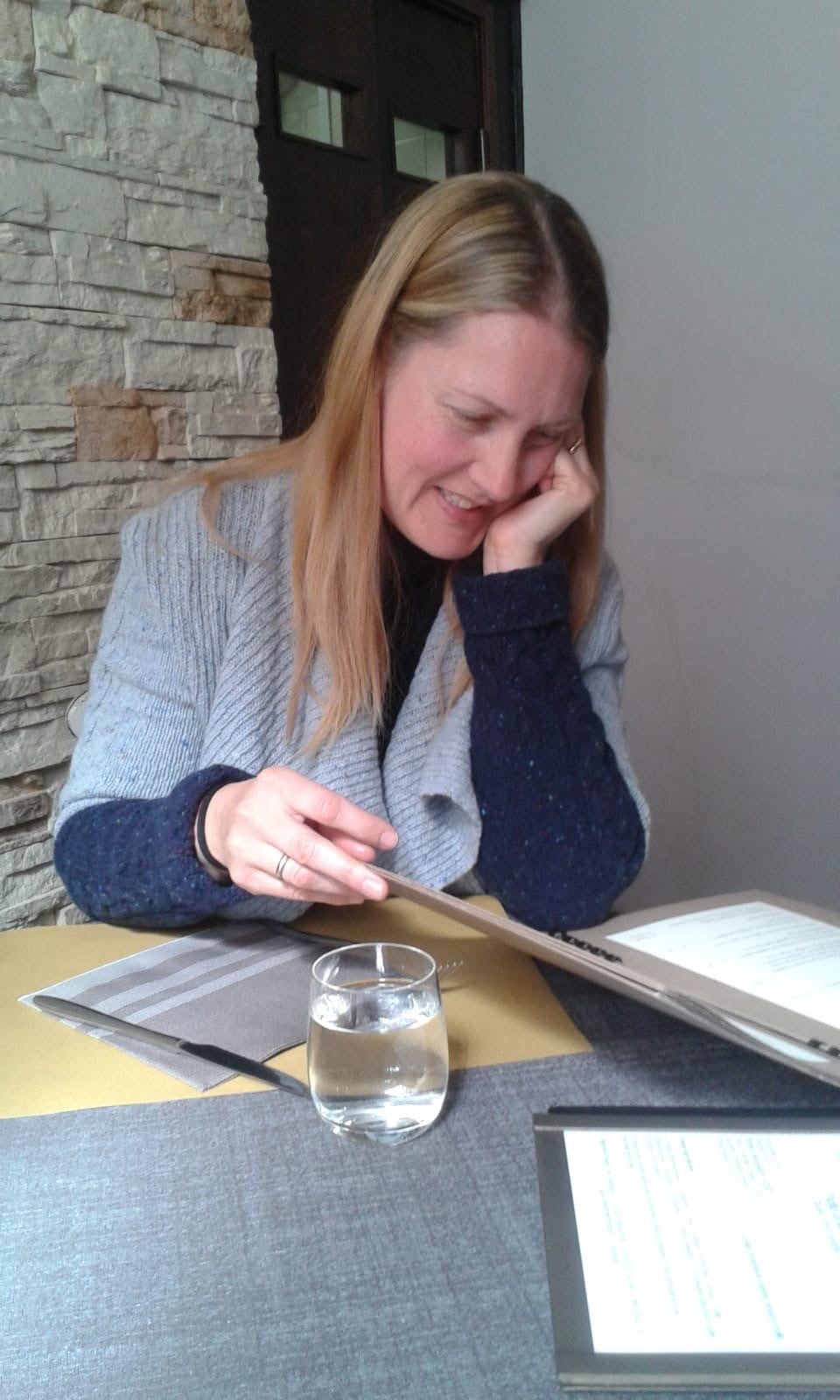I would start this blog with a quote by Viktor E. Frankl which I thought was mind blowing when I first heard it:
“Between stimulus and response there is a space.
In that space is our power to choose our response.
In our response lies our growth and our freedom.”
Viktor Emil Frankl was an Austrian neurologist, psychiatrist, philosopher, author, and Holocaust survivor. He lived from 1915 to 1997. I will certainly get further into reading his books, because the tiny bit I know about him, triggers my curiosity and interest!
I remembered this quote while I was writing my previous blog and I thought it was well worth some additional mental elaboration. It leans towards the Stoic perception that we attach (emotional) responses based on our perceptions and our beliefs. We react with glee when something happens to us that we believe being positive, we react with anger, distress or sadness when we believe that something happens to us which we deem negative. But the perception, aka interpretation, is all in our head.
That means that when we change our beliefs or our expectations, we can change our emotional response! Next time I drive the car and get worked up about the heavy traffic while late for an important meeting, I’ll try to keep that in mind (;-)))!
Anyway, I think this whole idea empowers us hugely towards to being able to leading a happier life. On the other hand, isn’t our (emotional) response what makes us human? But what is a human? Does a human still need to be guided mainly by primary impulses or do humans distinguish themselves by their complex mental processes?
Either way, I think it is remarkable that some events seem to hit some people harder than other people. How is it that Viktor Frankl, after having lived through the horrors of Nazi concentration camps, where he lost his wife, his father, mother and brother, still managed to staying an optimist and provided the foundational principles for positive psychology? I think that there is definitely a reason to dig further into this matter!
We often define ourselves through our feelings: when we feel low, we feel we have failed, when we’re on a high, it seems we’re unstoppable and king or queen of the world. The truth is that things happen. They just do. And we respond. The nature of our response will determine how we feel about it. But there is this space I mentioned earlier in which we can decide how to respond and thus manage our feelings in relation to these events…
So whenever we feel down, there is a way to reframe our emotions. At least, theoretically there is! Also, I think that the sayings we hear in case of what we define negative events, like failing an exam, not being successful at a job interview, an ended relationship, etc, are meant to reframe your attitude and feelings toward that specific event. We’ve all heard phrases like “it was probably not meant to be” or “next opportunity might be around the corner” or the likes, so the concept is not new at all!
However, the awareness of the existence of the space we have where we can decide about our response to an event, helps me to look beyond that event and to re-dimension the impact of that event. It provides for more resilience and more force to escape the downwards vicious circle. Maybe it could do the same for you?
While I always thought my mind was my greatest enemy, I now start realising it could actually become my greatest ally.
Let’s continue working on this idea and start practising 😉
Jul 6, 2021


 My name is Elisa; I am a woman, a mum, a daughter, a friend and a wife… and a passionate ceramicist/potter.
My name is Elisa; I am a woman, a mum, a daughter, a friend and a wife… and a passionate ceramicist/potter. 



